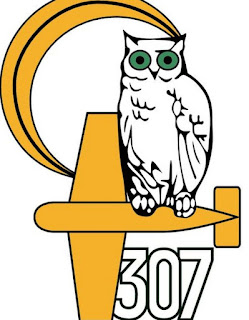Eighty years ago Polish fliers and airborne radar blunt the Luftwaffe assault on Exeter
The Luftwaffe launched what proved to be the last sizeable air raid of the Baedeker Blitz on historical towns. Forty or so bombers attacked Exeter killing 136 people and inflicting considerable damage, notably to the cathedral. This would have been worse but for presence of four Beaufighter radar-equipped night-fighters of 307 (Polish) Squadron, City of Lvov, which shot down four of the raiders before they could drop their bombs. It was a daunting loss rate for the attackers (and an impressive success rate for the defenders) and showed that the attrition cost of these chiefly vandalistic operations far outweighed any military value when the Luftwaffe was already hugely over-stretched. It was also an illustration of what radar-equipped fighters could achieve against night bombers and would soon be be inflicting on RAF bombers over Germany.
Hitler and Mussolini met at the luxuriously appointed Schloss Klessheim in Austria. The conference consisted mainly of monologues by the Fuehrer, browbeating the Duce to send more Italians to die on the Eastern Front. Hitler brushed off the suggestion that Germany might assist in an invasion of Malta, which might have had a decisive effect on the strategic balance in the Mediterranean. Insofar as he gave the sector any consideration, it was to prioritize Rommel's pending land offensive against the British in Egypt.
The British launched Operation Ironclad to seize Madagascar with its strategic port Diego Suarez from Vichy France. It was intended to pre-empt more active participation by Vichy in Japan's menacing thrusts into the eastern Indian Ocean. Just as had happened at Mers el-Kebir in 1940 and Syria in 1941, lack of trust in Vichy intentions trumped any residual sense of friendship with France.
The Royal Navy cruiser HMS Edinburgh, flagship of a convoy from Murmansk to Britain, was crippled by a U-boat torpedo, further damaged by German destroyers and finally sunk by the British. As well as the loss of a valuable modern warship, there was a large financial cost. Edinburgh was carrying 4.57 tonnes of Soviet gold then worth £1.5m in payment for allied war supplies. In 1981 the bulk of the gold by then worth $220m was salvaged.



Comments
Post a Comment